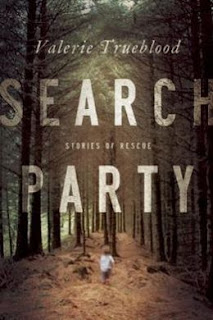Courtney Maum
Courtney Maum is the author of the novel, I Am Having So Much Fun Here Without You, out now from Touchstone Books. The humor columnist behind the “Celebrity Book Review” on Electric Literature and an advice columnist for Tin House, she splits her time between the Massachusetts Berkshires and New York City.

RI: It seems that in some European countries (France in particular in your novel) the people have a more “laissez-faire” view of adultery than do Americans. If true, to what do you attribute that?Visit Courtney Maum's website.
CM: I can only speak about France, because I lived there—but one major difference is that there are far less marriages to begin with than we have in the United States. I don’t know if it’s a generational thing, but most of my French friends are in serious relationships, they have children with their partners, but no plans to marry. My own husband’s parents were never married either. There’s just more legal protection in France for common law marriages than here. So it’s possible that because marriage isn’t a given for some French people that they’re approaching the idea of what it means to be in a relationship with more flexibility. In America, in terms of matrimony, I feel like we set ourselves up to fail. When I was engaged, for example, a lot of my American friends asked, “What does it feel like to think you’ll only sleep with one man for the rest of your life?!” That’s a terrible mindset going into a marriage! Marriage is so much more than monogamy, you know? Obviously, you want to aim for monogamy—it’s a goal, but I do think that French people are a little bit more realistic and forgiving about the fact that mistakes might happen. That if you’re going to spend the next fifty years with someone, yes, there might come a moment when you get bored, restless, where you might make a mistake. But...[read on]
The Page 69 Test: I Am Having So Much Fun Here Without You.
--Marshal Zeringue









